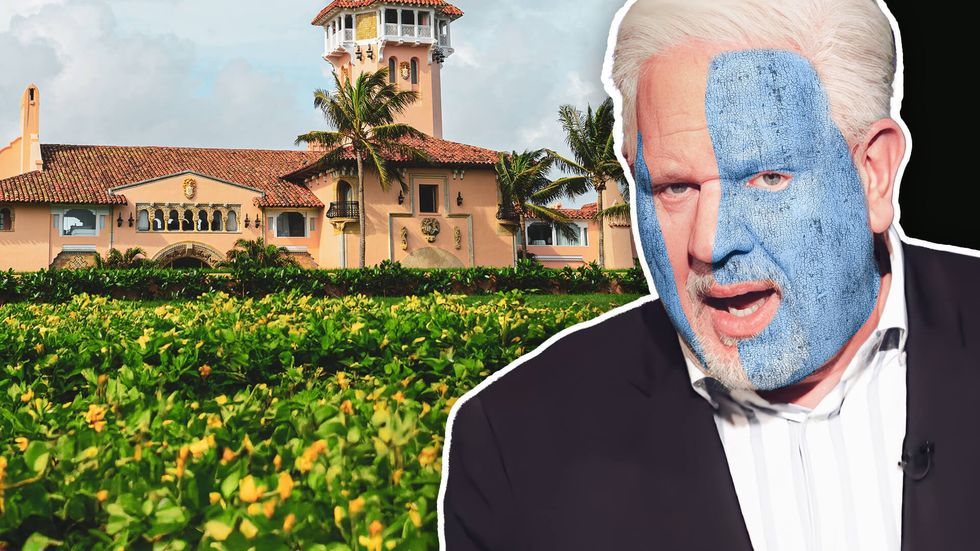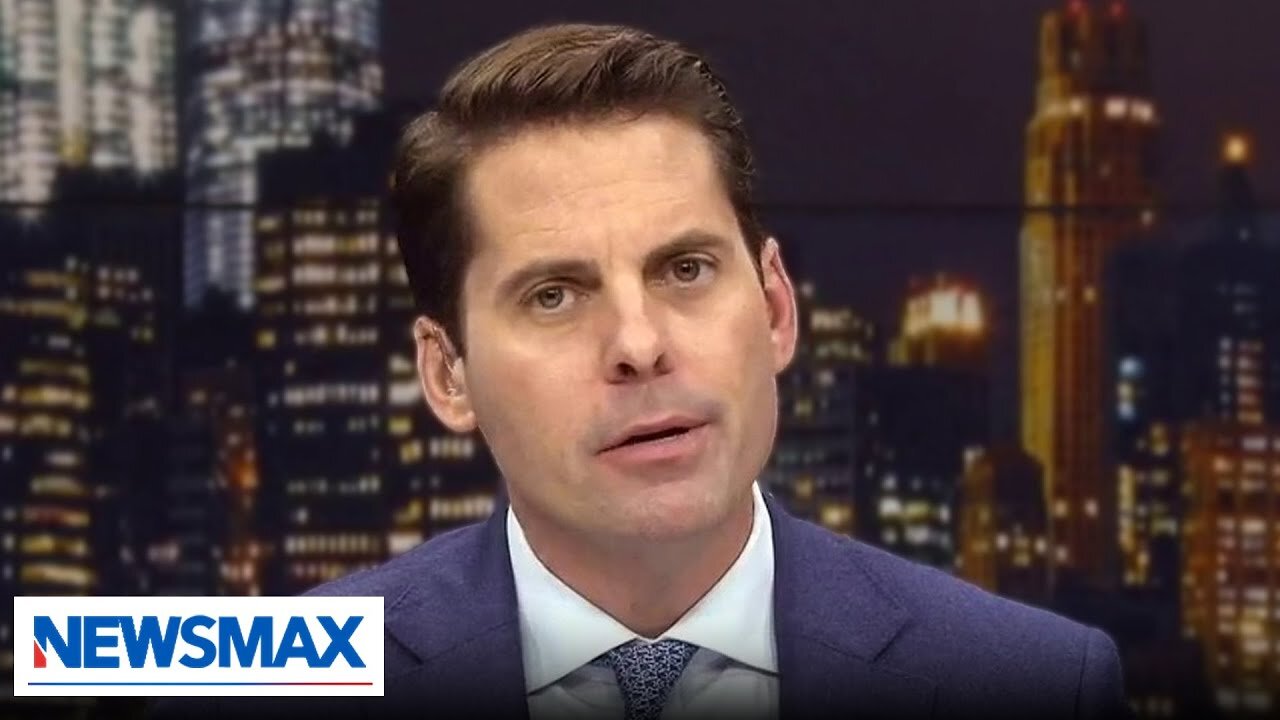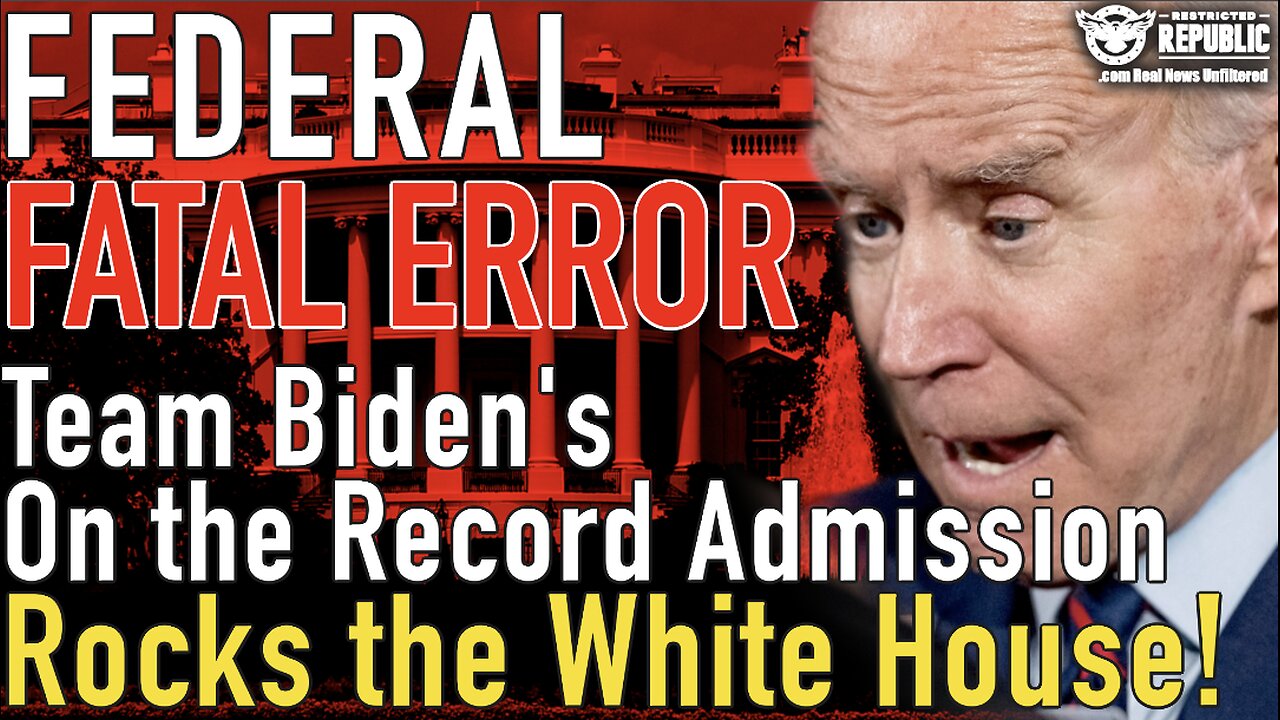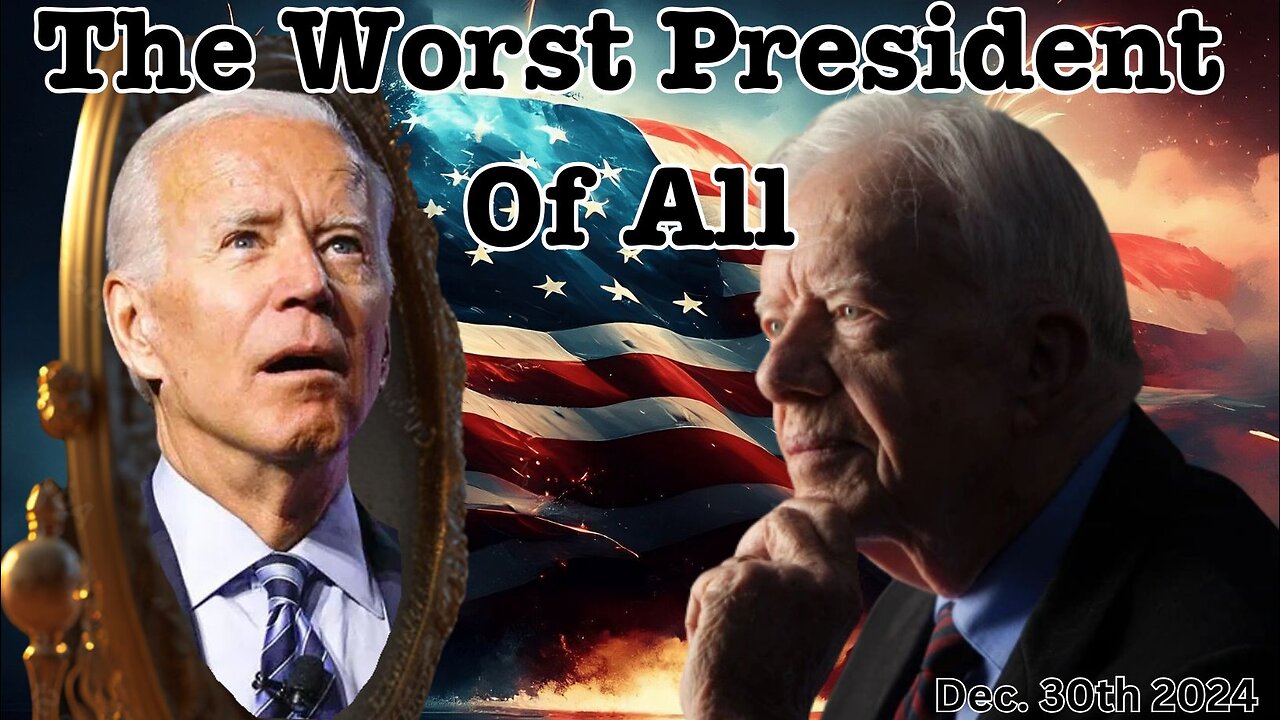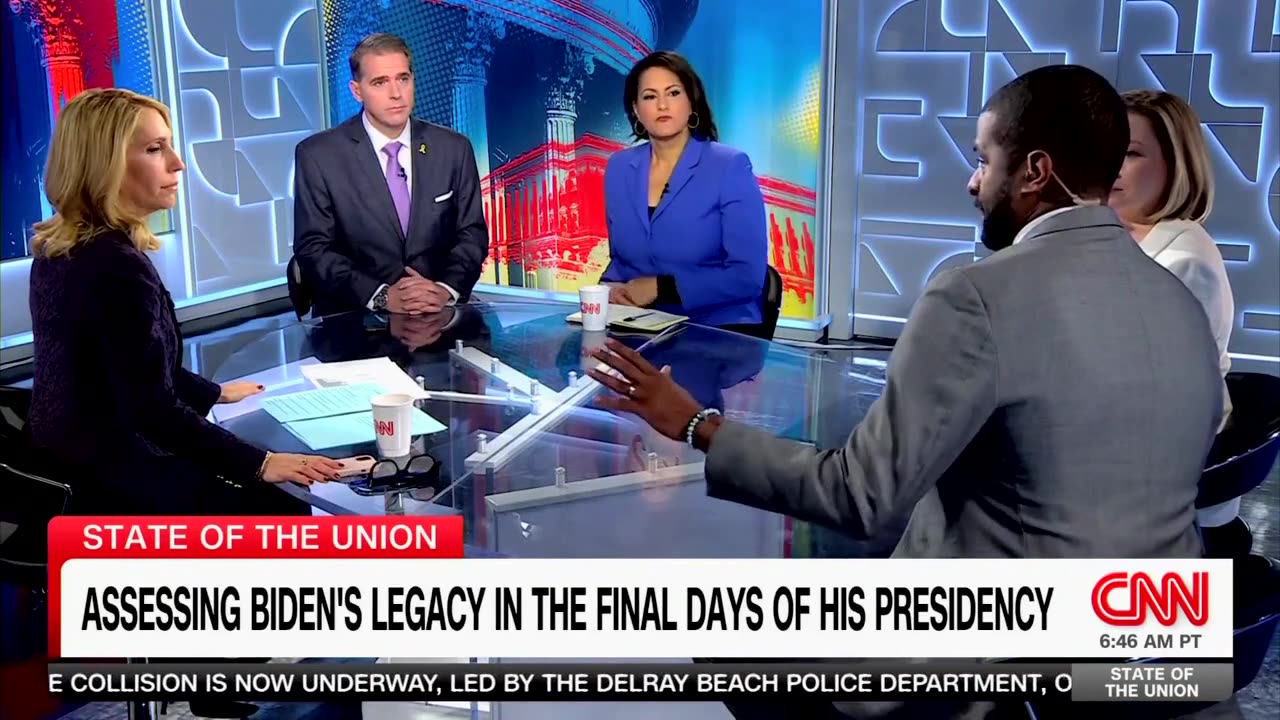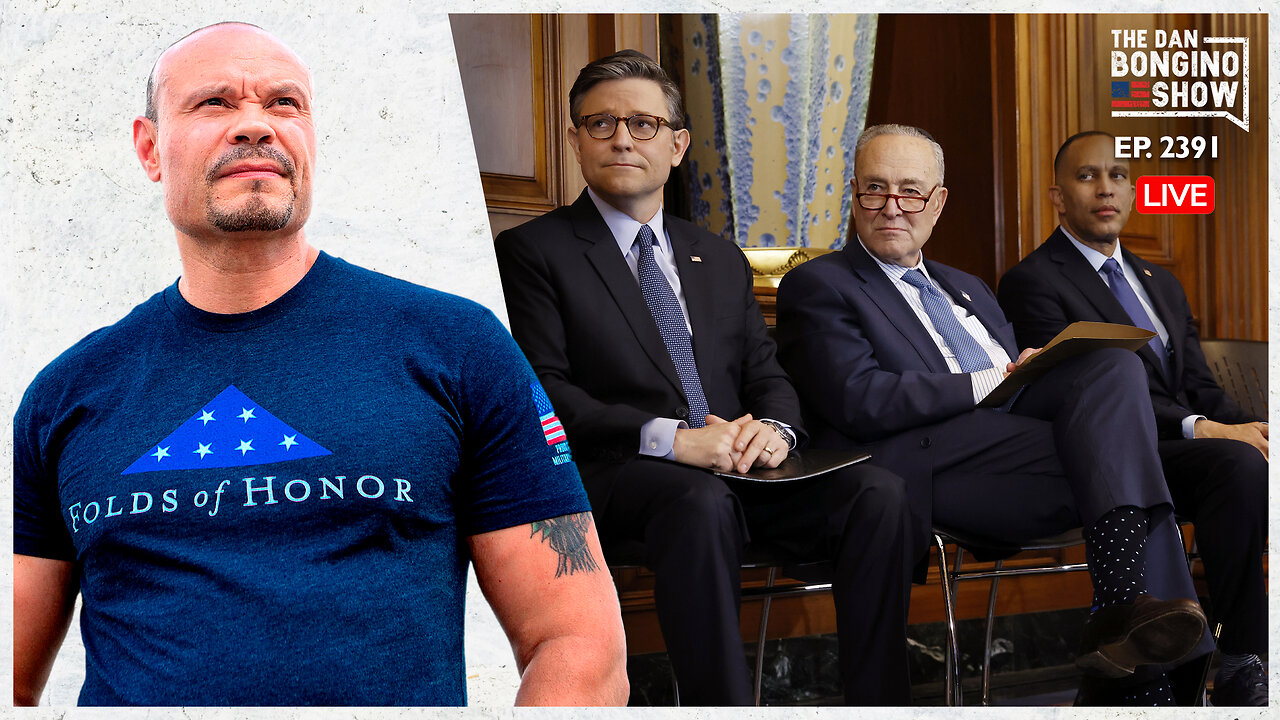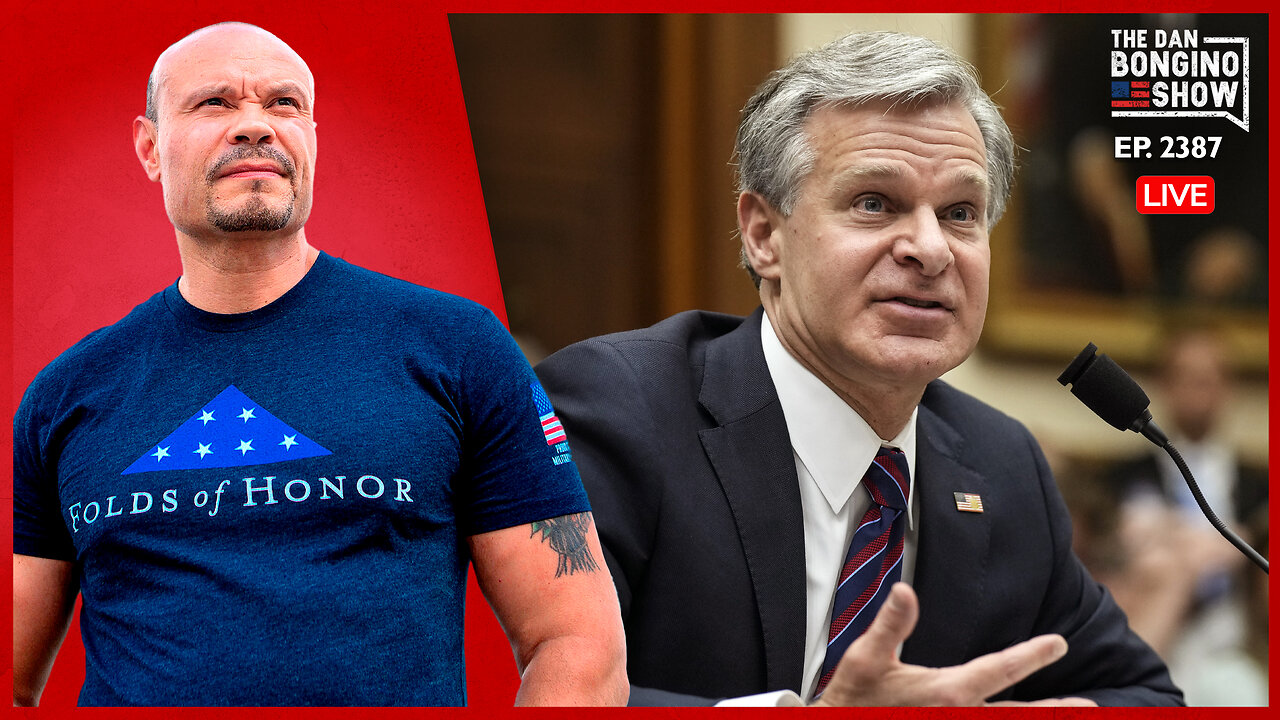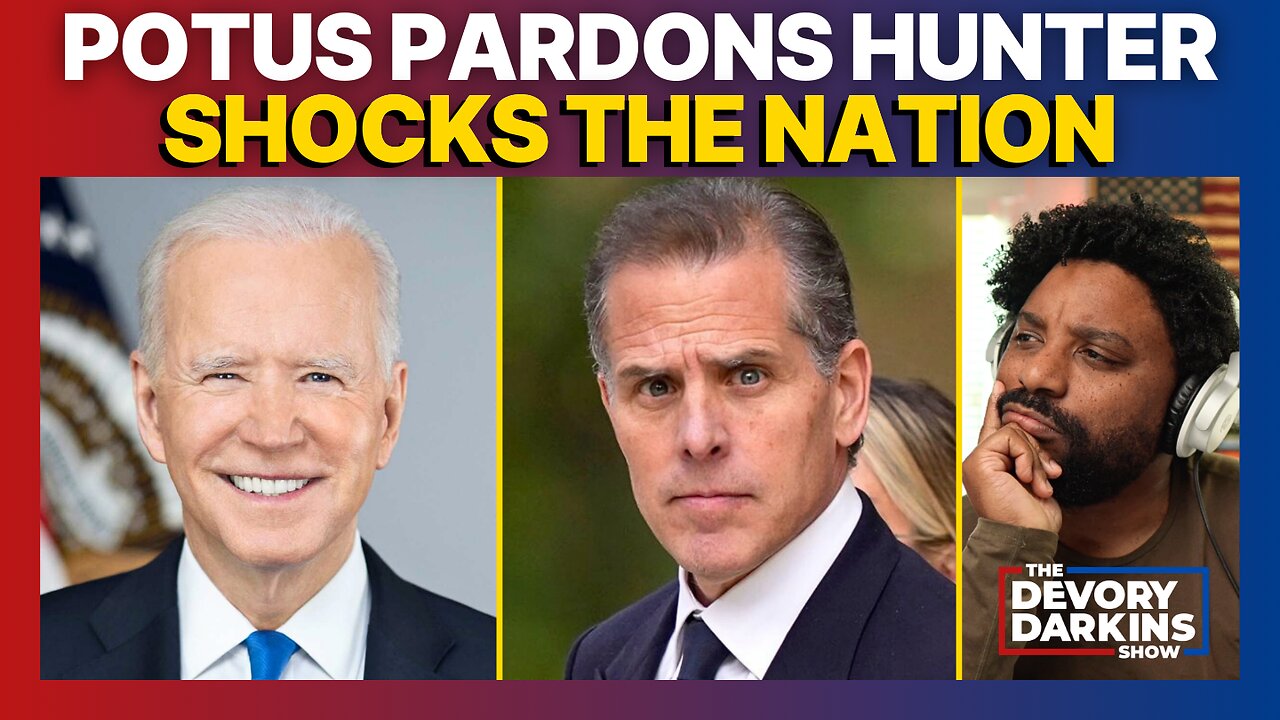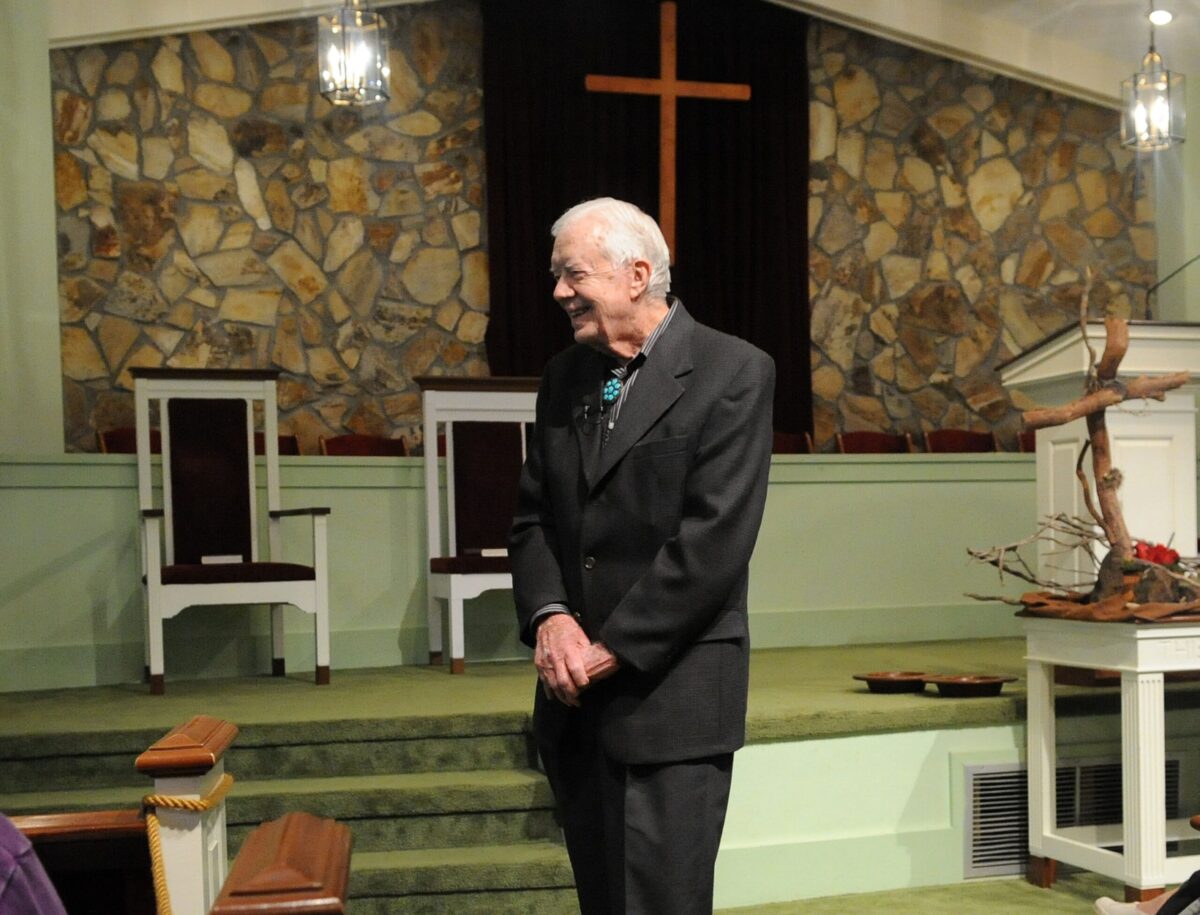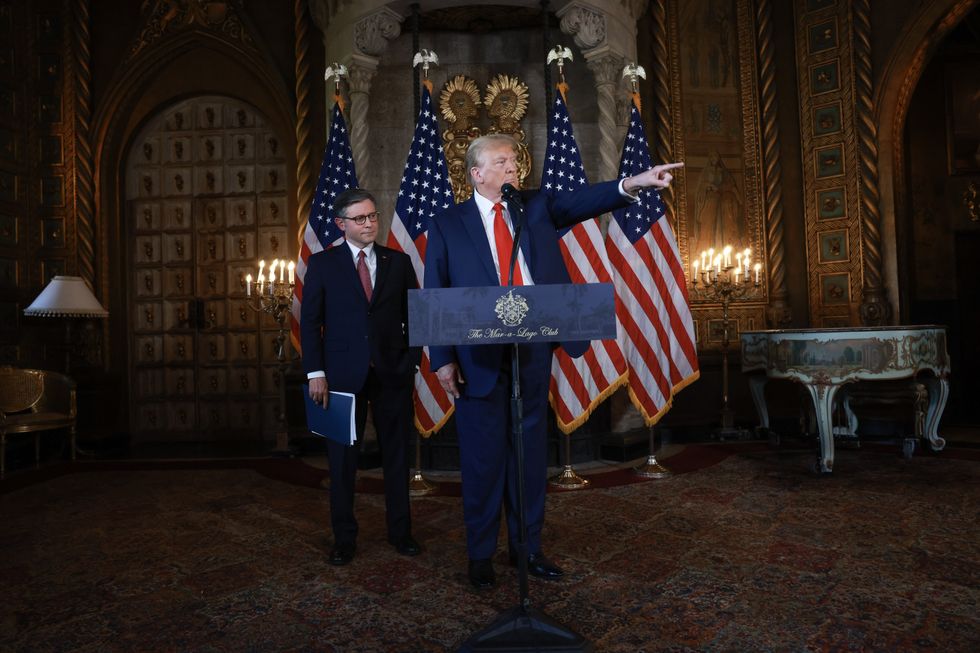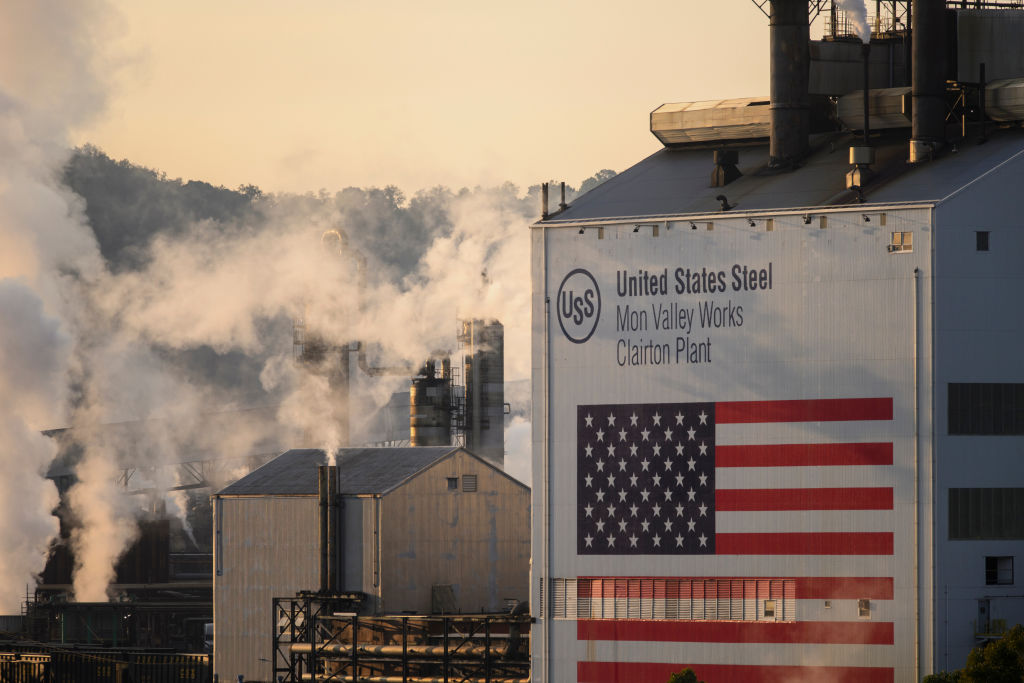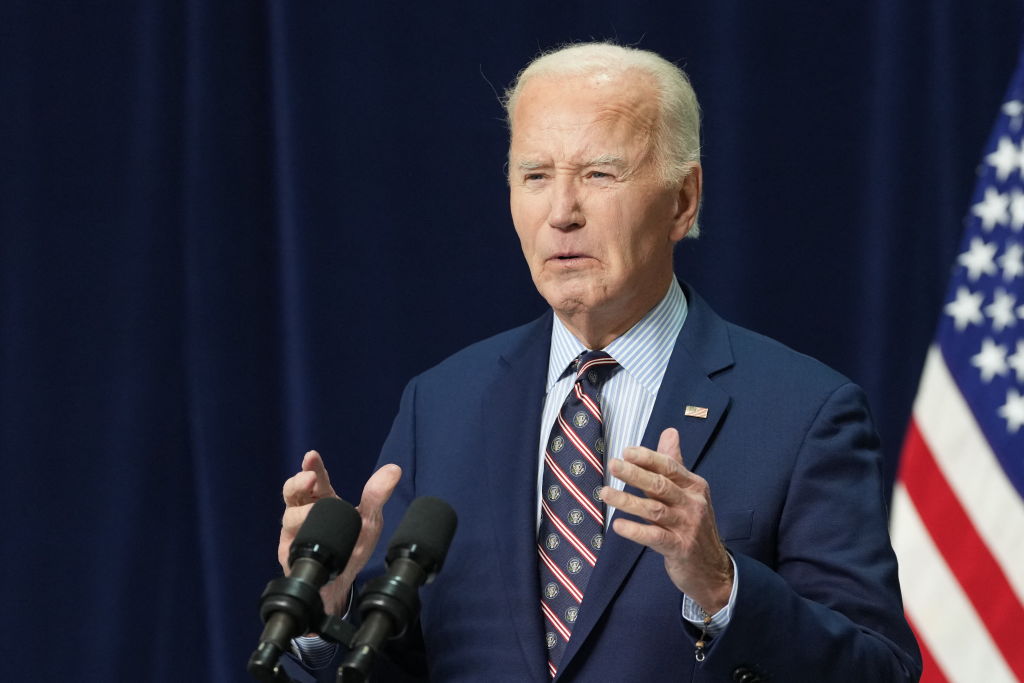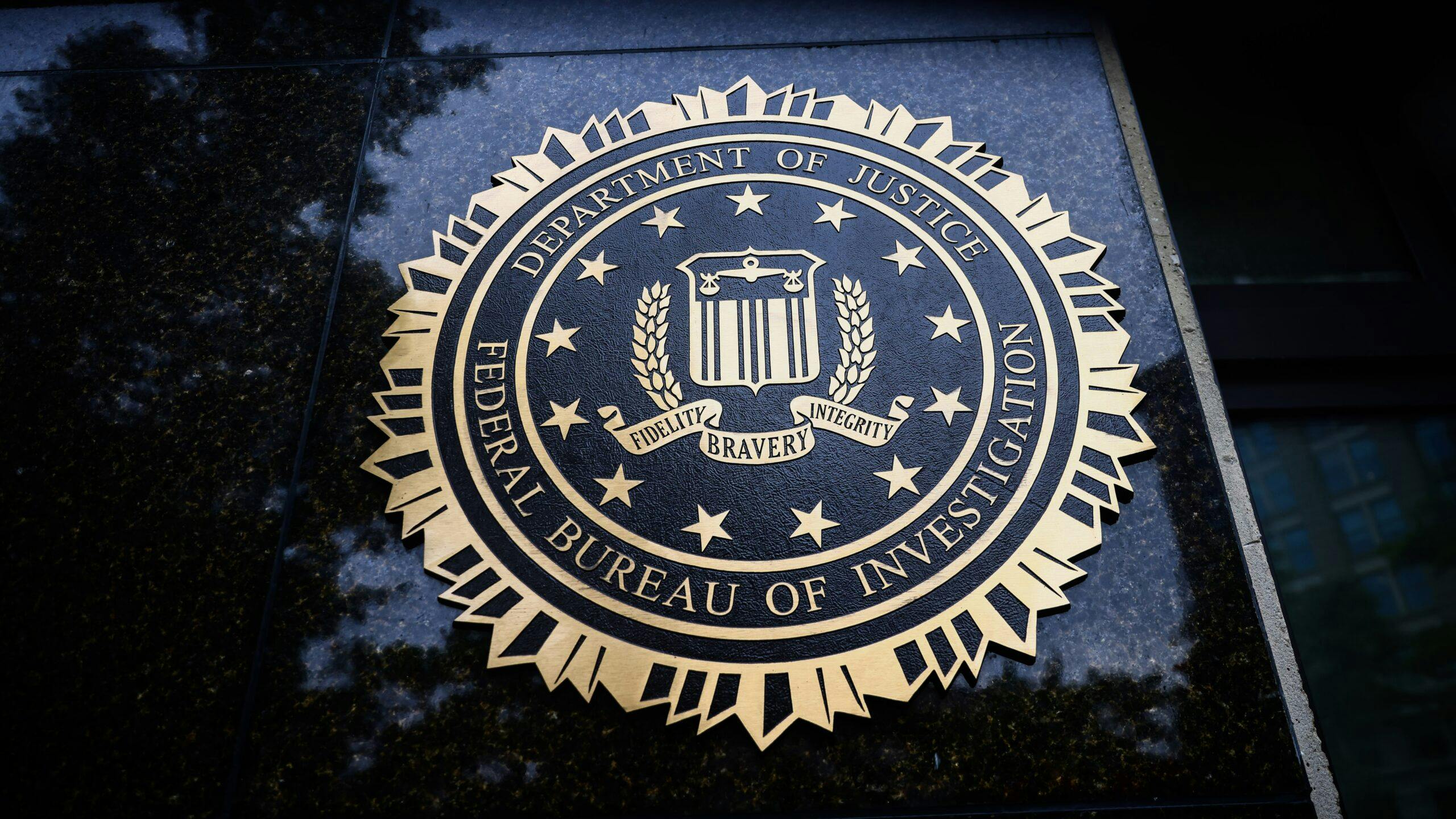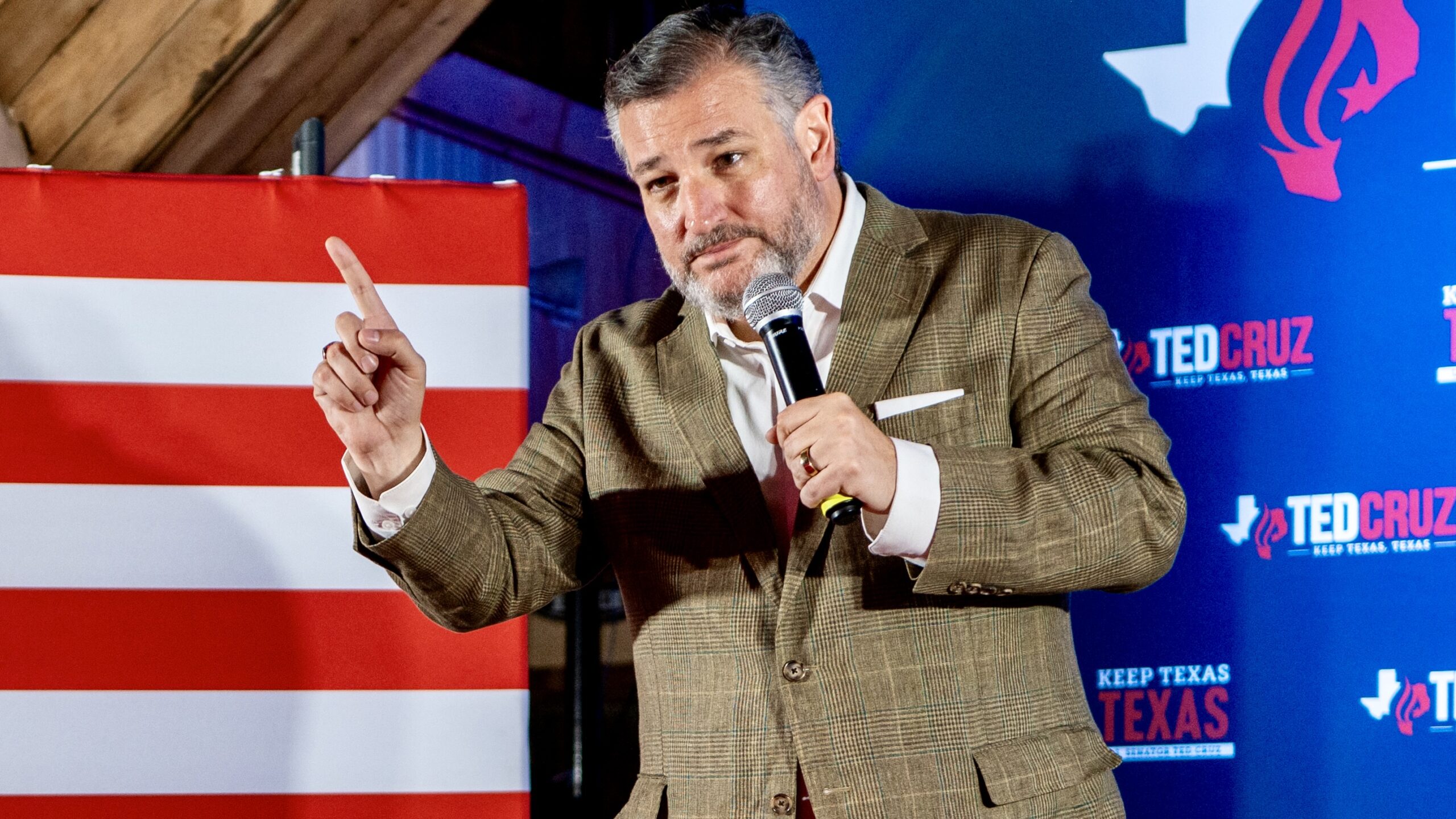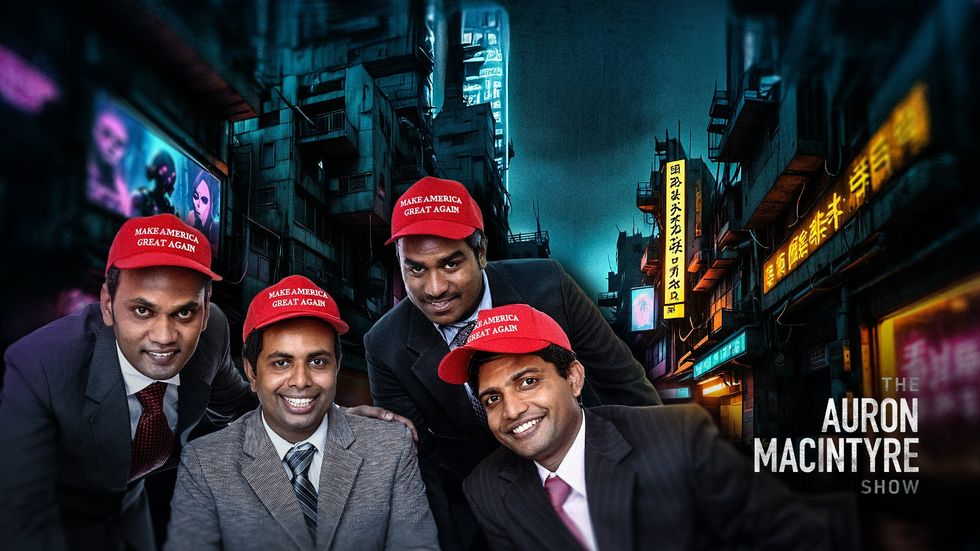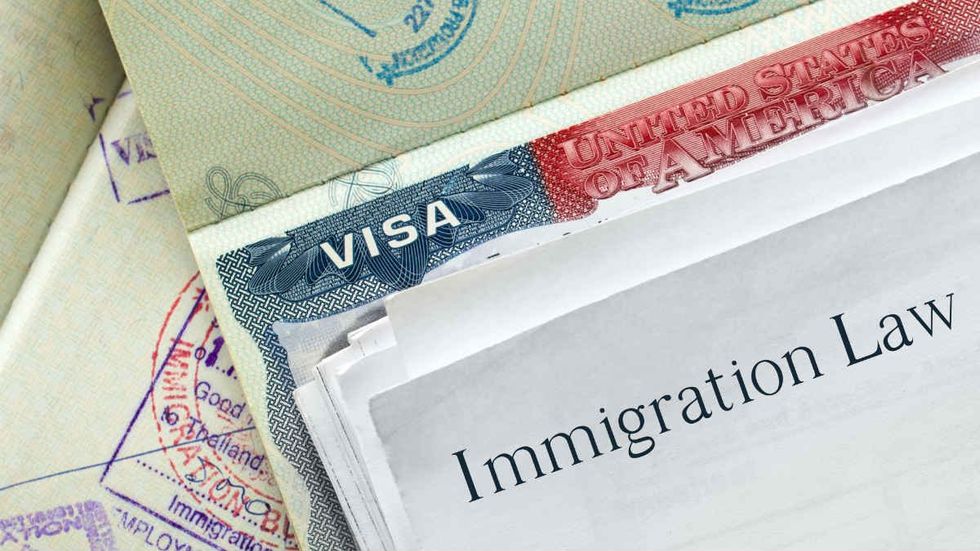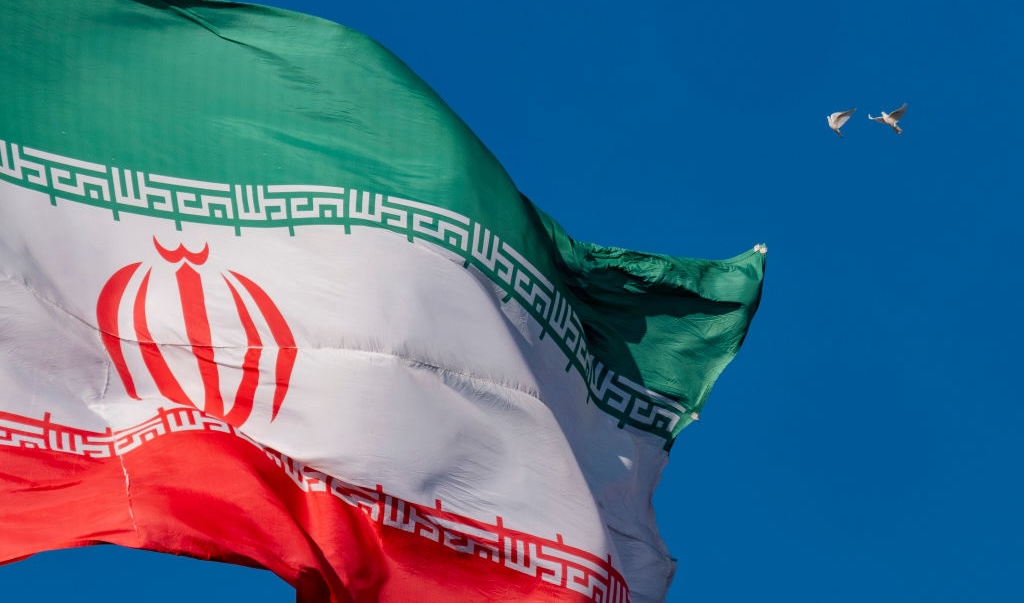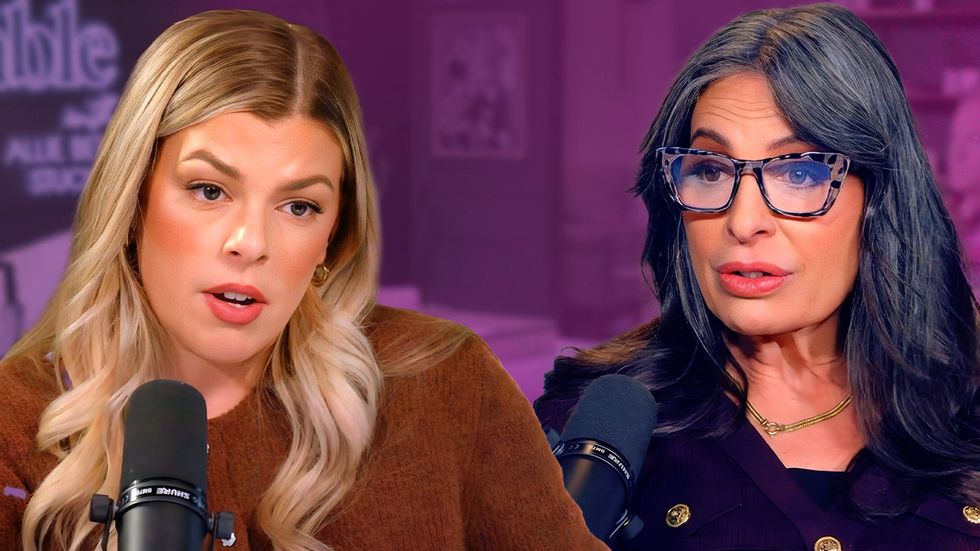Costco bucks anti-woke trend, tells shareholders to double down on DEI
Numerous major American companies rejected DEI over the past year, scrapping their corresponding race-obsessive policies, LGBT activism, and other alienating leftist commitments. While Walmart, Ford, Harley-Davidson, Tractor Supply, Jack Daniel's, John Deere, and others have apparently learned from conservative consumers' successful transformation of Bud Light into an unfavorable verb, the leadership at Costco, a company with over 300,000 employees, appears immune to the lesson or at least willing to test its luck. The company's board of directors recently told shareholders to spike a similar effort to re-evaluate the company's romance with DEI. The National Center for Public Policy Research, a conservative think tank, proposed that shareholders vote on Jan. 23 to request that the board conduct an evaluation and publish a report on the risks of Costco maintaining its current DEI roles, policies, and goals. The NCPPR noted in its proposal that the U.S. Supreme Court's June 29, 2023, decision in Students for Fair Admissions, Inc. v. Harvard/UNC, banning race-based college admission, has potentially invalidated prior legal advice regarding the legality of corporate diversity, equity, and inclusion programs. 'The cost to Costco could be tens of billions of dollars.' The high court held that it is unconstitutional under the Constitution's Equal Protection Clause and a violation of Title VI of the Civil Rights Act of 1964 for colleges and universities to factor race into the admissions process. Despite the contention by some legal experts that the decision does not directly impact private employers, it has nevertheless paved the way for lawsuits and federal civil rights complaints targeting companies' DEI initiatives. After noting that numerous DEI-related lawsuits have been filed and that in one case, a company was successfully sued "for a single case of discrimination against a white employee resulting in an award of more than $25 million" — a reference to Shannon Phillips' action against Starbucks — the think tank underscored that the continued embrace of DEI "holds litigation, reputational and financial risks to the Company, and therefore financial risks to shareholders." The NCPPR suggested further that despite an apparent rebranding effort, Costco has kept the discriminatory legacy of DEI alive in its "People and Communities" program. "The renamed program still openly expresses a 'commitment to equity' (which means equality of outcome, not opportunity), still employs a 'Chief Diversity Officer,' still has a supplier diversity program that picks suppliers based on their race and sex, still appears to factor in race and sex in hiring and promotion, and still contributes shareholder money to organizations that advance the discriminatory agenda of DEI," read the proposal. "With 310,000 employees, Costco likely has at least 200,000 employees who are potentially victims of this type of illegal discrimination because they are white, Asian, male or straight," continued the proposal. "Even if only a fraction of those employees were to file suit, and only some of those prove successful, the cost to Costco could be tens of billions of dollars." The think tank's proposal evidently rankled the board of directors, who not only unanimously recommended a vote against investigating the company's exposure over its continued embrace of the "discriminatory agenda" but doubled down on DEI rhetoric. "Our Board has considered this proposal and believes that our commitment to an enterprise rooted in respect and inclusion is appropriate," wrote the board. "We believe that our diversity, equity, and inclusion efforts are legally appropriate, and nothing in the proposal demonstrates otherwise." The board of directors — chaired by Hamilton James, a billionaire Democratic donor who poured millions of dollars into the presidential campaigns of Barack Obama and Joe Biden — suggested that identity-centered DEI practices help attract and retain employees; result in "a diverse group of employees [that] helps bring originality and creativity to our merchandise offerings"; and satisfy customers' supposed desire to "see themselves reflected in the people in our warehouses." Stefan Padfield, director of the NCPPR's Free Enterprise Project, blasted Costco for "doubling down on its neo-racist DEI programs," stating, "Costco denied none of the evidence of racial discrimination at Costco we cite in our proposal." "Costco apparently justifies its discrimination because, among other things, 'a diverse group of employees helps bring originality and creativity to our merchandise offerings,'" wrote Padfield. "One would be forgiven for concluding that this sounds like pure race essentialism. If originality and creativity are the goal, why not just hire the most creative and original people you can?" 'That's not only immoral, it's illegal and runs the risks of future litigation.' "Costco accuses NCPPR of 'infl


Numerous major American companies rejected DEI over the past year, scrapping their corresponding race-obsessive policies, LGBT activism, and other alienating leftist commitments. While Walmart, Ford, Harley-Davidson, Tractor Supply, Jack Daniel's, John Deere, and others have apparently learned from conservative consumers' successful transformation of Bud Light into an unfavorable verb, the leadership at Costco, a company with over 300,000 employees, appears immune to the lesson or at least willing to test its luck.
The company's board of directors recently told shareholders to spike a similar effort to re-evaluate the company's romance with DEI.
The National Center for Public Policy Research, a conservative think tank, proposed that shareholders vote on Jan. 23 to request that the board conduct an evaluation and publish a report on the risks of Costco maintaining its current DEI roles, policies, and goals.
The NCPPR noted in its proposal that the U.S. Supreme Court's June 29, 2023, decision in Students for Fair Admissions, Inc. v. Harvard/UNC, banning race-based college admission, has potentially invalidated prior legal advice regarding the legality of corporate diversity, equity, and inclusion programs.
'The cost to Costco could be tens of billions of dollars.'
The high court held that it is unconstitutional under the Constitution's Equal Protection Clause and a violation of Title VI of the Civil Rights Act of 1964 for colleges and universities to factor race into the admissions process. Despite the contention by some legal experts that the decision does not directly impact private employers, it has nevertheless paved the way for lawsuits and federal civil rights complaints targeting companies' DEI initiatives.
After noting that numerous DEI-related lawsuits have been filed and that in one case, a company was successfully sued "for a single case of discrimination against a white employee resulting in an award of more than $25 million" — a reference to Shannon Phillips' action against Starbucks — the think tank underscored that the continued embrace of DEI "holds litigation, reputational and financial risks to the Company, and therefore financial risks to shareholders."
The NCPPR suggested further that despite an apparent rebranding effort, Costco has kept the discriminatory legacy of DEI alive in its "People and Communities" program.
"The renamed program still openly expresses a 'commitment to equity' (which means equality of outcome, not opportunity), still employs a 'Chief Diversity Officer,' still has a supplier diversity program that picks suppliers based on their race and sex, still appears to factor in race and sex in hiring and promotion, and still contributes shareholder money to organizations that advance the discriminatory agenda of DEI," read the proposal.
"With 310,000 employees, Costco likely has at least 200,000 employees who are potentially victims of this type of illegal discrimination because they are white, Asian, male or straight," continued the proposal. "Even if only a fraction of those employees were to file suit, and only some of those prove successful, the cost to Costco could be tens of billions of dollars."
The think tank's proposal evidently rankled the board of directors, who not only unanimously recommended a vote against investigating the company's exposure over its continued embrace of the "discriminatory agenda" but doubled down on DEI rhetoric.
"Our Board has considered this proposal and believes that our commitment to an enterprise rooted in respect and inclusion is appropriate," wrote the board. "We believe that our diversity, equity, and inclusion efforts are legally appropriate, and nothing in the proposal demonstrates otherwise."
The board of directors — chaired by Hamilton James, a billionaire Democratic donor who poured millions of dollars into the presidential campaigns of Barack Obama and Joe Biden — suggested that identity-centered DEI practices help attract and retain employees; result in "a diverse group of employees [that] helps bring originality and creativity to our merchandise offerings"; and satisfy customers' supposed desire to "see themselves reflected in the people in our warehouses."
Stefan Padfield, director of the NCPPR's Free Enterprise Project, blasted Costco for "doubling down on its neo-racist DEI programs," stating, "Costco denied none of the evidence of racial discrimination at Costco we cite in our proposal."
"Costco apparently justifies its discrimination because, among other things, 'a diverse group of employees helps bring originality and creativity to our merchandise offerings,'" wrote Padfield. "One would be forgiven for concluding that this sounds like pure race essentialism. If originality and creativity are the goal, why not just hire the most creative and original people you can?"
'That's not only immoral, it's illegal and runs the risks of future litigation.'
"Costco accuses NCPPR of 'inflicting burdens on companies with their challenges to long-standing diversity programs.' However, the wave of customer backlash we've seen against DEI recently makes clear that it is DEI that is the problem," continued Padfield. "Rather than doing the right thing and evaluating the relevant risks as requested, Costco is apparently doubling down on divisive and value-destroying DEI."
"DEI is the redistribution of opportunity — for employees, potential employees, and suppliers — on the basis of race and sex," Ethan Peck, deputy director of the Free Enterprise Project, said in a statement obtained by Fox News Digital. "That's not only immoral, it's illegal and runs the risks of future litigation. It also comes with sacrificing merit — and therefore excellence and innovation, which the company has a fiduciary duty to shareholders to maximize to the best of its ability — at the altar of arbitrarily determined diversity."
Fox did not receive comments from Costco.
The recommendation by Costco's board of directors to stick with DEI comes just weeks after the publication of a damning study from the Network Contagion Research Institute and Rutgers University revealing that "the push toward absolute equity can undermine pluralism and engender a (potentially violent) aspiration of ideological purity."
The study concluded, "While purporting to combat bias, some anti-oppressive DEI narratives can engender a hostile attribution bias and heighten racial suspicion, prejudicial attitudes, authoritarian policing, and support for punitive behaviors in the absence of evidence for a transgression deserving punishment."
Like Blaze News? Bypass the censors, sign up for our newsletters, and get stories like this direct to your inbox. Sign up here!
Originally Published at Daily Wire, World Net Daily, or The Blaze
What's Your Reaction?



















